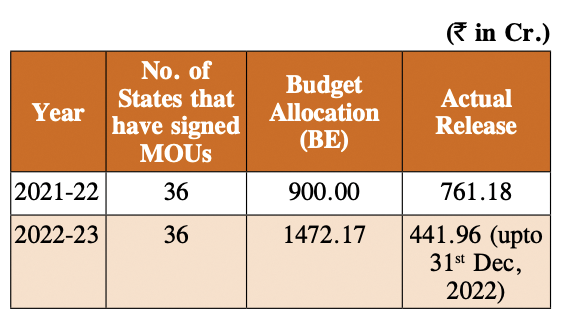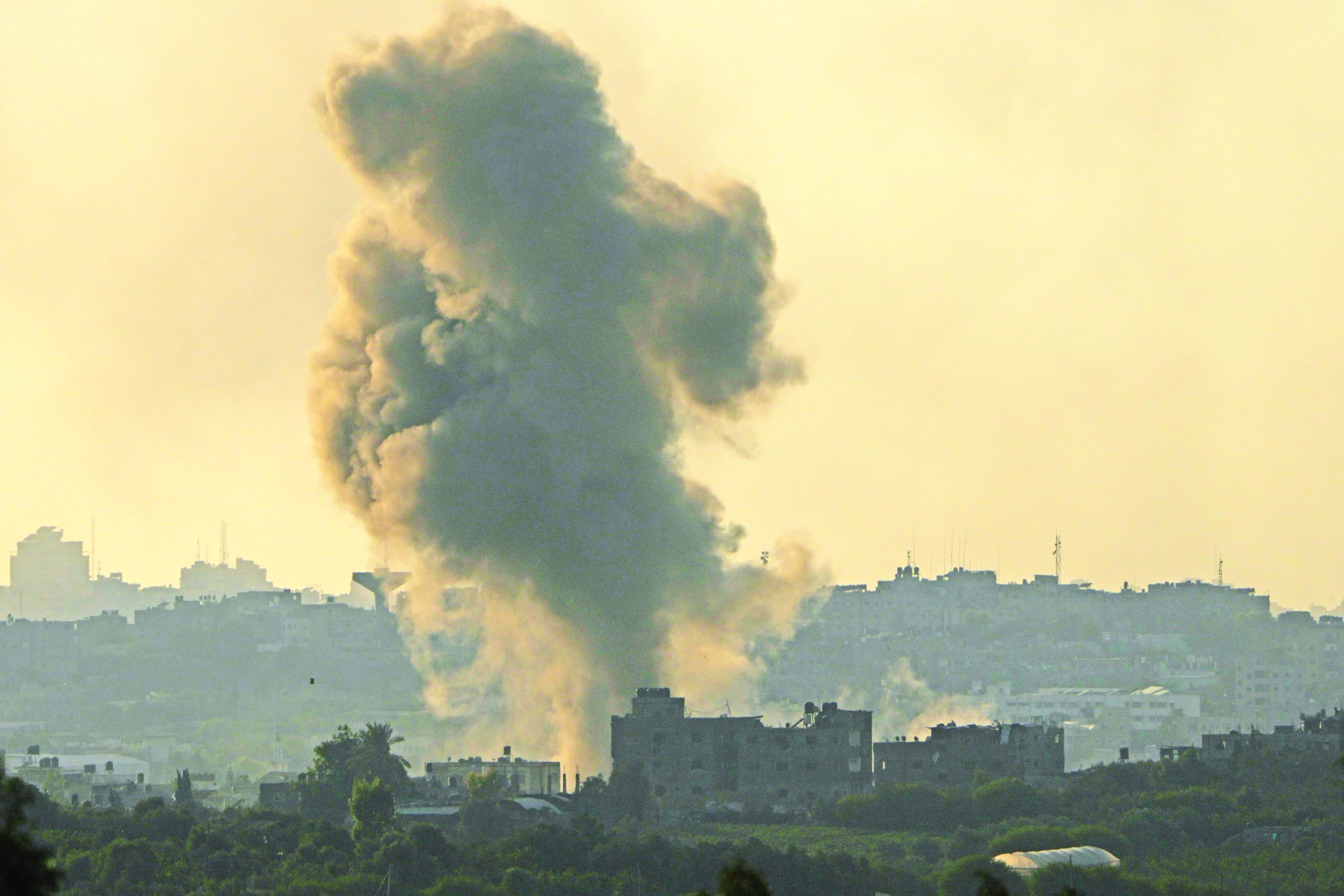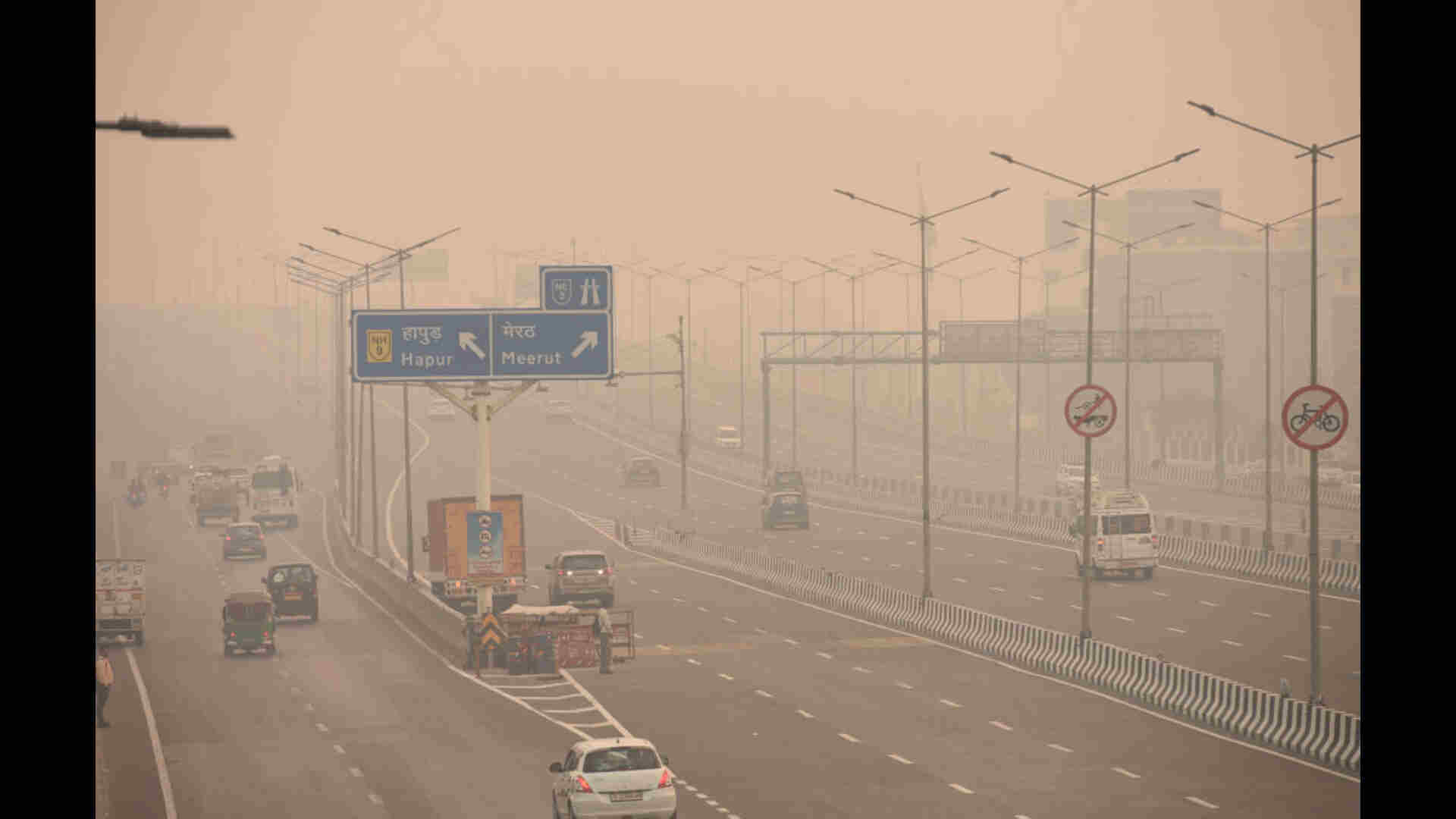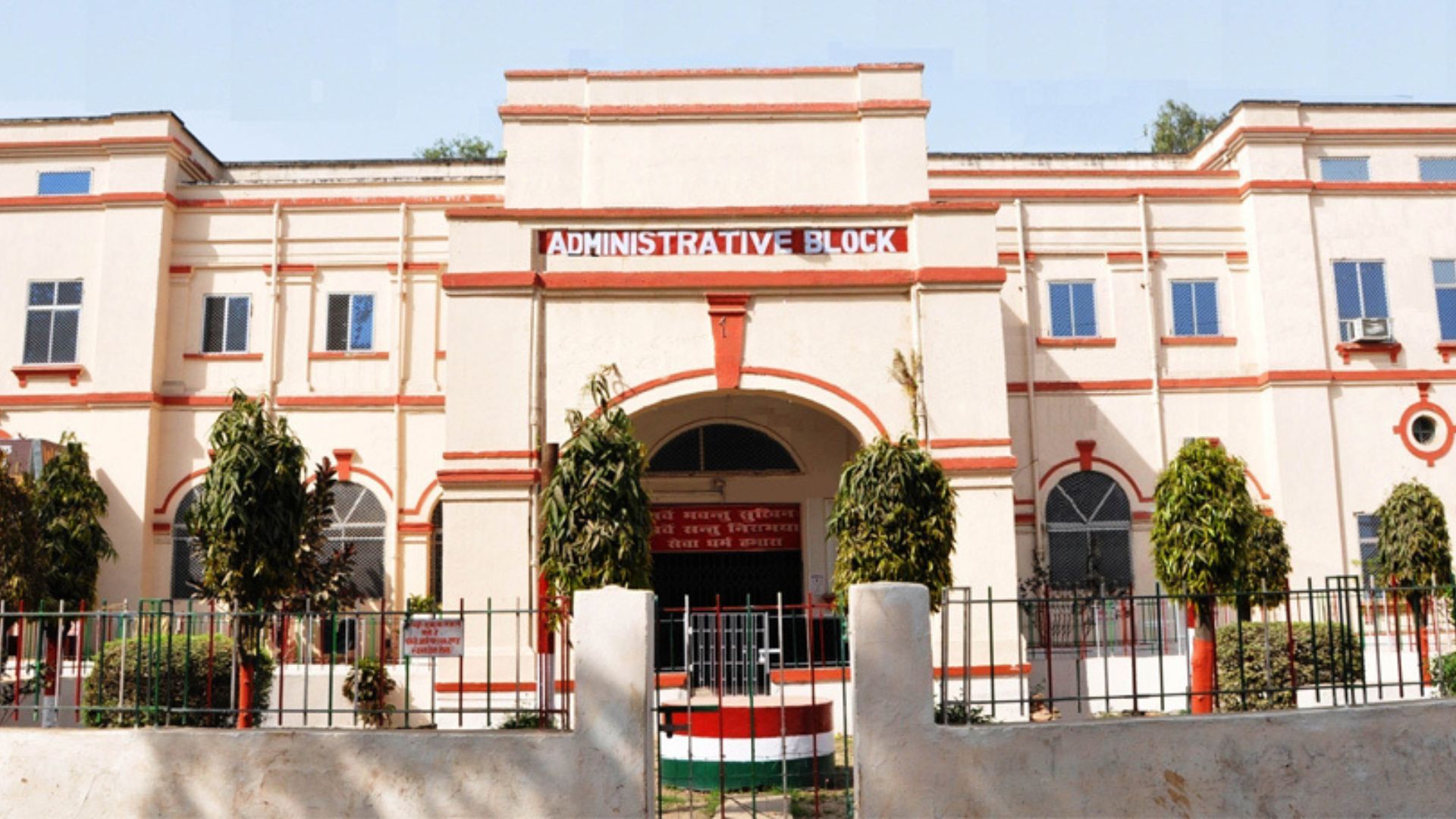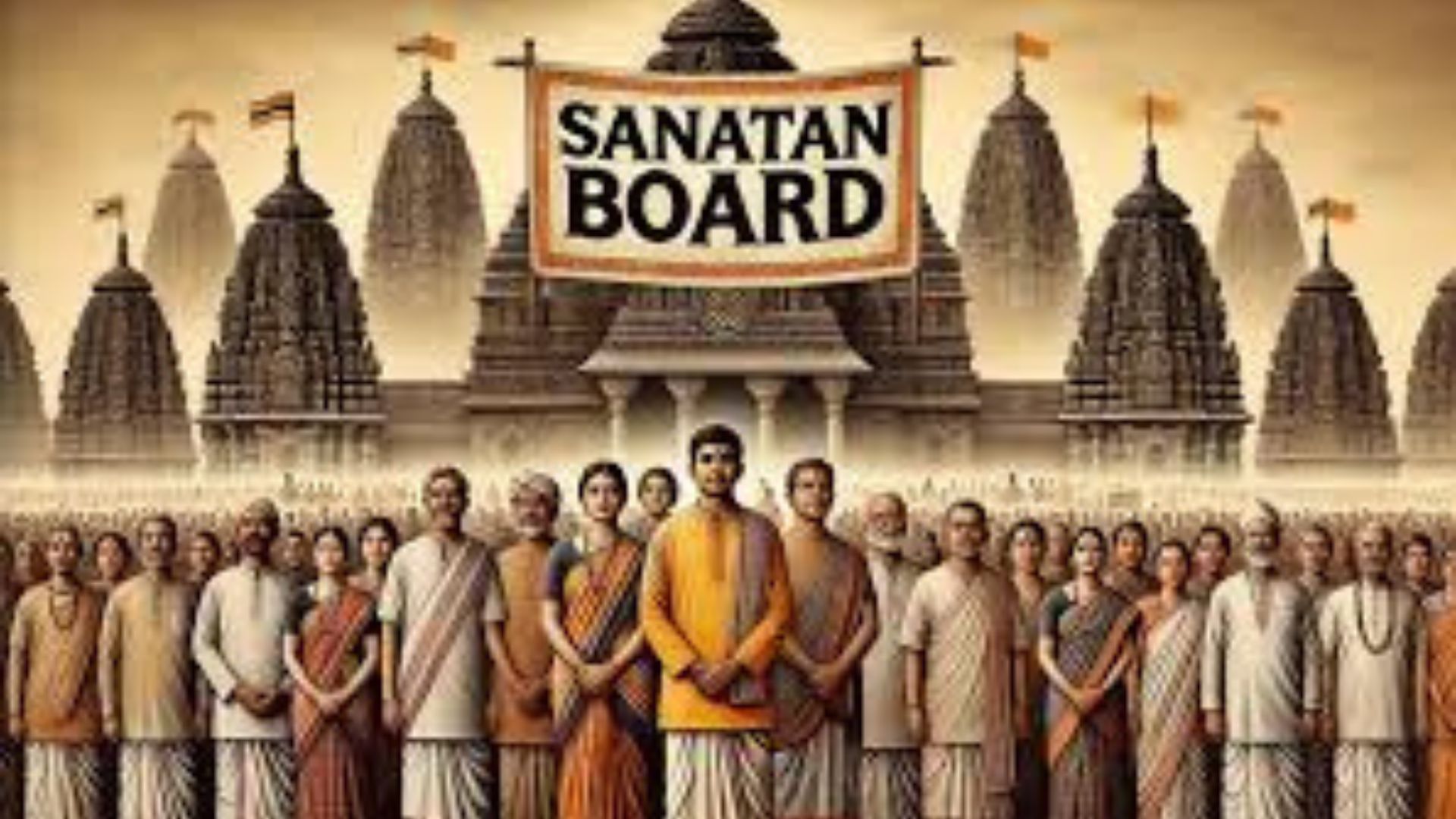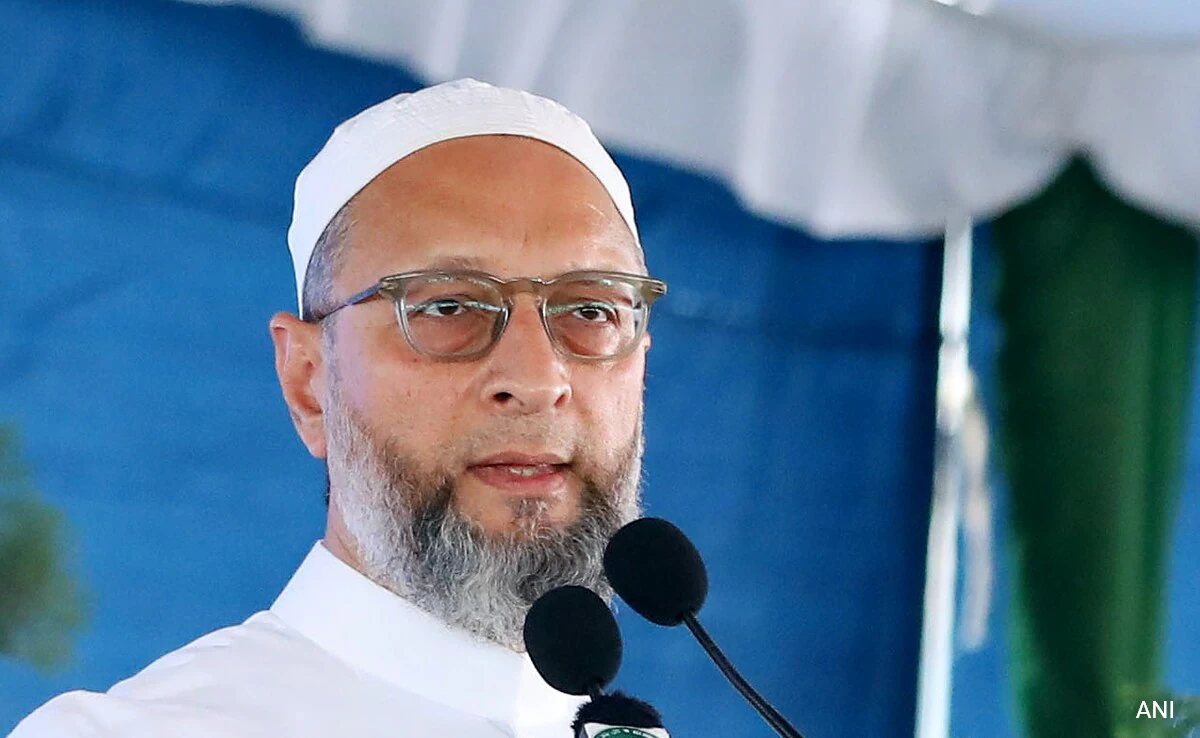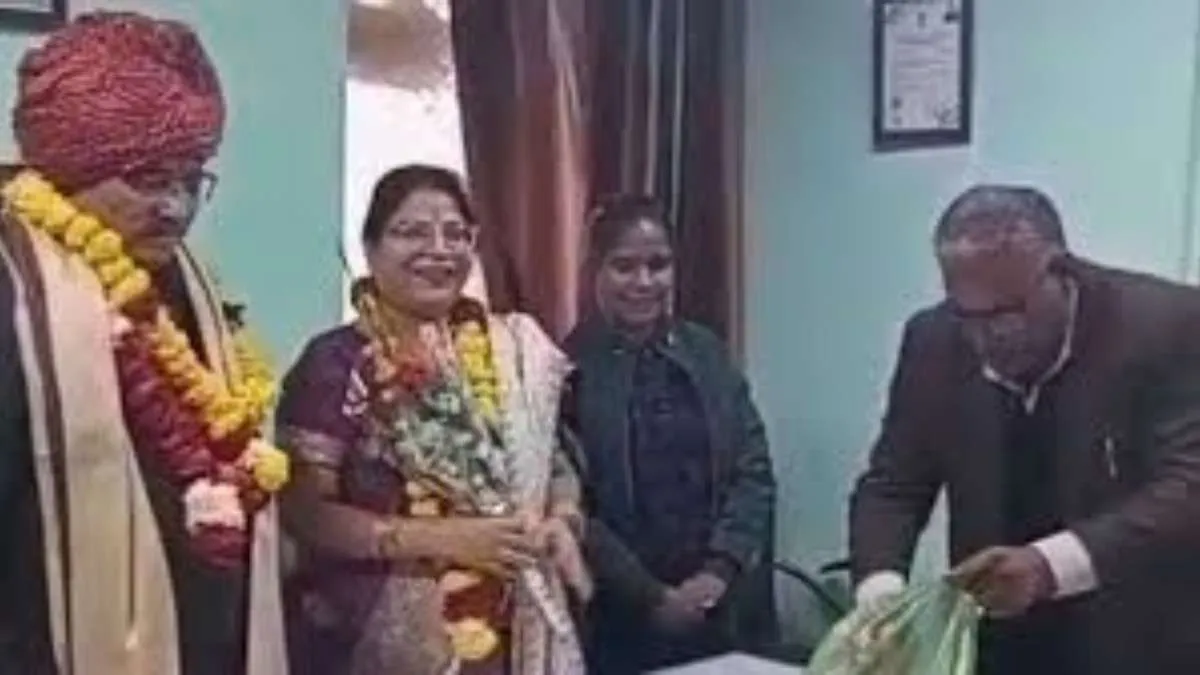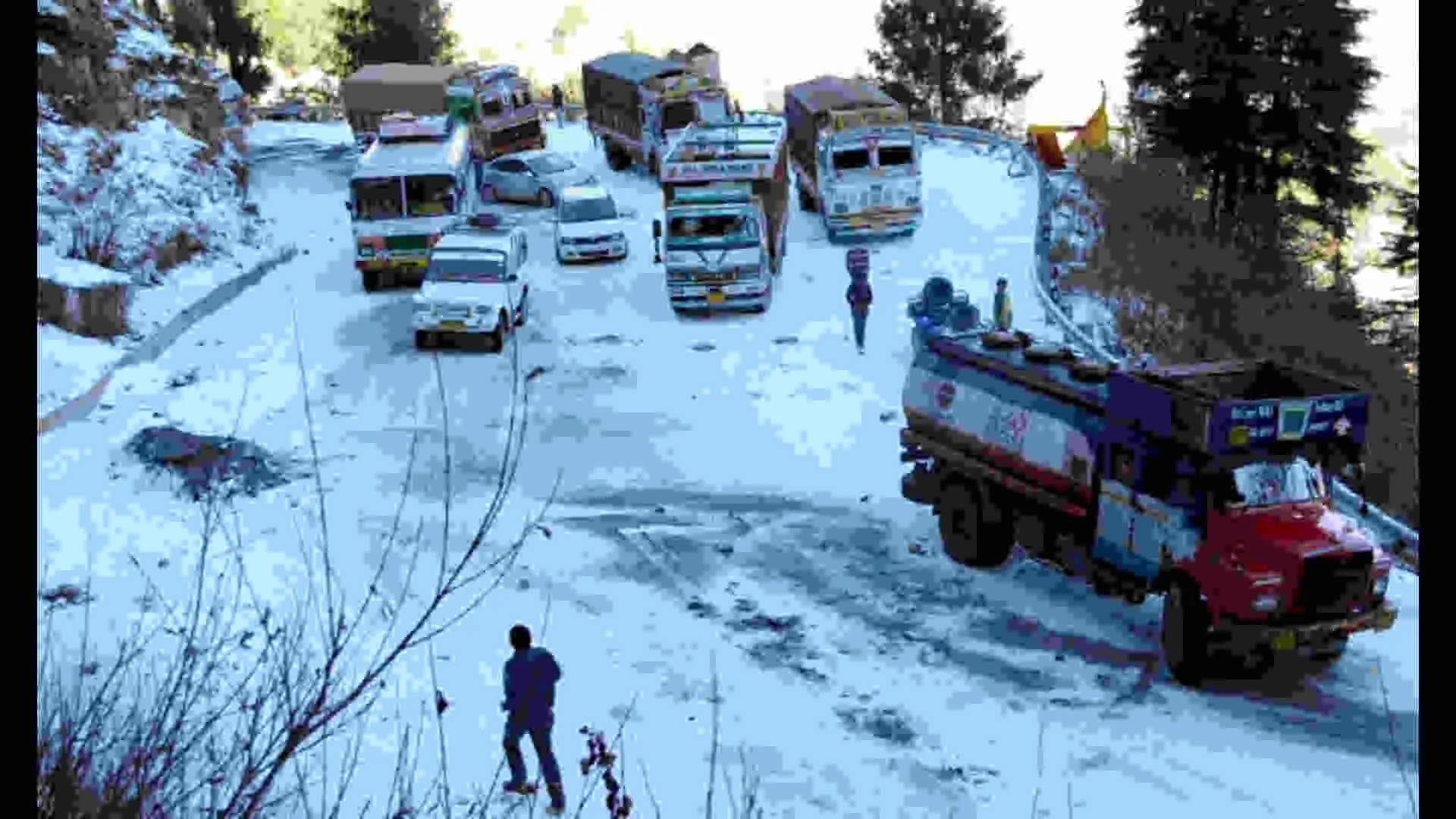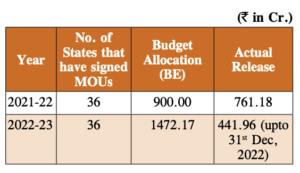The Constitution of India accords highest priority to safety and well-being of children. Children constitute about 39% of the total population of India (Census 2011). It has been widely accepted by policy makers of our country that investments made for the survival, education, protection and overall well-being of children helps in breaking the inter-generational cycle of poverty and ensuring inclusive growth of the country. In a vast country like India, children face multiple vulnerabilities in terms of accessing quality nutrition, healthcare, education and other services. The Ministry of Women and Child Development has taken some initiatives to ensure children’s safety and well-being.
LAWS AND POLICIES
Commission for Protection of Child Rights Act, 2005: The Commission’s mandate is to ensure all Laws, Policies, Programmes and Administrative Mechanisms are in consonance with the Child Rights perspective as enshrined in the Constitution of India and also the UN Convention on the Rights of the Child. The National Commission for Protection of Child Rights (NCPCR) was set up under this act as a statutory body in March 2007.
Protection of Children from Sexual Offences (POCSO) Act, 2012: To deal with cases of child abuse, the Indian Parliament passed the Protection of Children from Sexual Offences (POCSO) Act, 2012. The Act came into force on 14 November 2012. The act is gender-neutral and provides protection to all children from the offences of sexual assault, sexual harassment and pornography.
Under its provisions, an offence is treated as “aggravated” when committed by a person in a position of trust or authority over the child such as a member of security forces, public officer, public servant, etc. The Act mandates the establishment of Special Courts for trial of offences under the Act, keeping the best interest of the child as of paramount importance at every stage of the judicial process.
POCSO Rules, 2020: The POCSO Rules were reviewed after the amendments in the POCSO Act, 2012. After careful consideration of all aspects and detailed deliberations, the Protection of Children from Sexual Offences (POCSO) Rules, 2020 were approved and notified, replacing the POCSO Rules, 2012. Coordination with stakeholder Ministries, State Governments, and UT administrations for spreading awareness regarding the POCSO Act, 2012, as amended in 2019 and suitable measures for its effective implementation.
Juvenile Justice (Care and Protection of Children) Act, 2015: The government amended the Juvenile Justice Act in 2021 as the primary legislation for ensuring the safety, security, dignity and well-being of children. The Act provides for the protection of children in need of care and protection and those in conflict with the law by catering to their basic needs through care, protection, development, treatment and social re-integration. It defines standards of care and protection to secure the best interest of the child. The Juvenile Justice (Care and Protection of Children) Rules and Adoption Regulations, have also been promulgated under the Act.
Mission Vatsalya: Mission Vatsalya aims to foster a sensitive, supportive, and synchronised ecosystem for children as they transition to different ages and stages of their development. This is envisaged to be done by strengthening the institutional framework of child welfare and protection committees and the Statutory and Service delivery structures in all districts of the country. While children in difficult circumstances are to be addressed by the Statutory and Service Delivery Structures, equal emphasis is to be given to issues around child welfare and protection at the community level integrated with the local development plans and corresponding budgets. Thus, it is envisaged that the committees under the institutional framework will complement the Statutory and Service Delivery Structures in terms of advocacy, awareness generation, capacity building, and preventive measures to build a robust child-friendly ecosystem in the community.
PM CARES for Children Scheme: this was launched by Prime Minister Narendra Modi on 29 May 2021 for the Children to support children who have lost both parents or surviving parent or legal guardian or adoptive parents due to Covid-19 pandemic. The objective of the scheme is to ensure comprehensive care and protection of Children in a sustained manner, enable their well-being through health insurance, empower them through education and equip them for a self-sufficient existence with financial support on reaching 23 years of age. The scheme is accessible through an online portal. A total 9,042 applications were received on the portal out of which 4,345 applications were approved. An amount of ₹341.87 crore has been credited to children’s accounts under the PM CARES for Children Scheme. All eligible children are receiving benefits under the schemes for boarding and lodging and education. Post office accounts have been opened for the transfer of a lump sum amount.
SALIENT FEATURES
Statutory bodies: Child Welfare Committees (CWC), Juvenile Justice Boards (JJB) and Special Juvenile Police Units (SJPU).
Service delivery Structures: State Child Protection Society (SCPS), State Adoption Resource Agency (SARA), District Child Protection Unit (DCPU).
Institutional Services: Children’s Homes, Specialised Adoption Agencies, Open Shelters, Observation Homes, Special Homes, and Places of Safety.
Family based non-institutional care: Mission Vatsalya promotes family-based non-institutional care of children in difficult circumstances based on the principle of institutionalisation of children as a measure of last resort.

